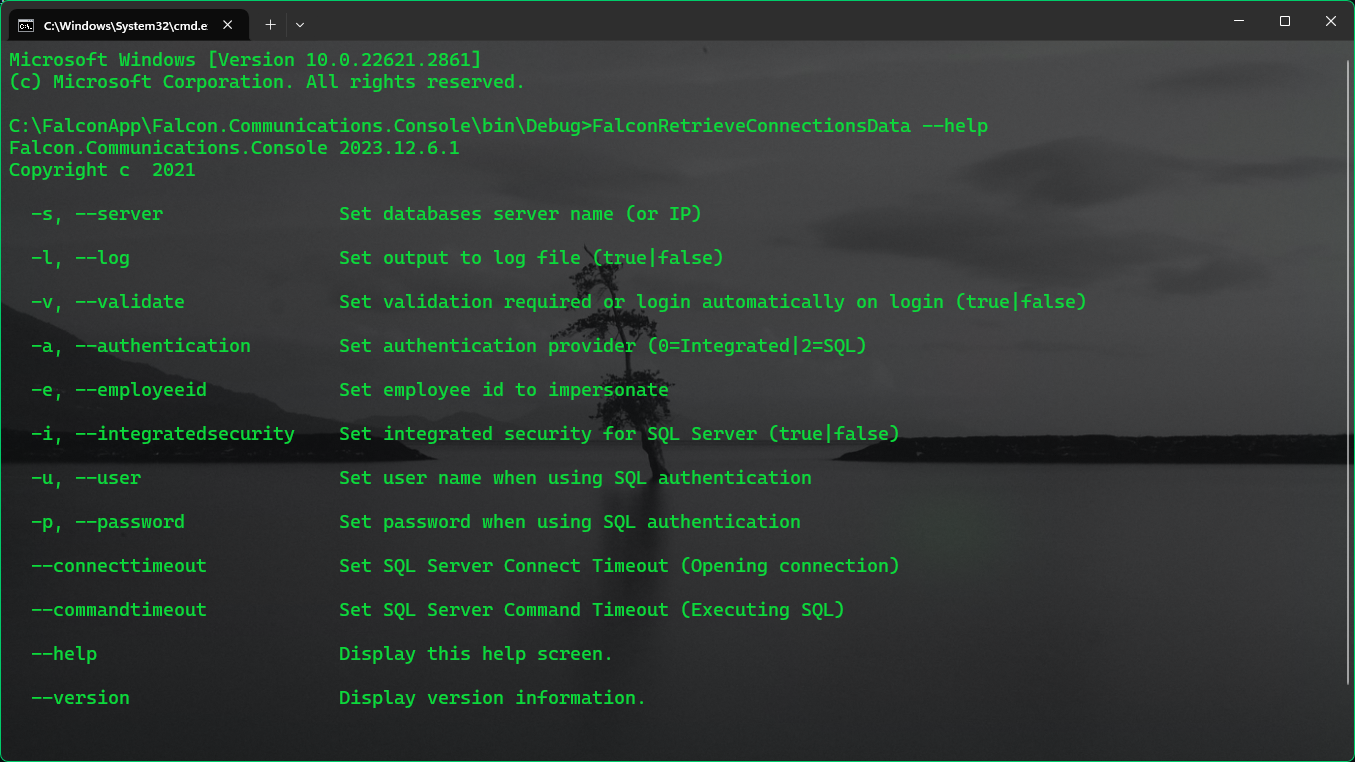Why CommandLineParser Rocks
If you’ve ever hand-rolled parsing code for args[], you’ve inevitably landed in a nest of boilerplate, cryptic string checks, and error handling messes. Enter CommandLineParser—a clean, attribute-driven way to handle command-line options like a boss, with help generation, verbs, default values, and more, all baked in. You define a class with attributes, call the parser, and boom—typed, validated options galore with minimal code. (github.com)
Key Features (Cool, Not Boring)
- Install via NuGet or Paket—works with .NET Framework, .NET Core, .NET Standard and Mono, no other dependencies required. (github.com)
- Attribute-Based Mapping—use
[Option]for named options (short/long),[Value]for positional args. Types supported include enums, nullable types, evenSystem.Uriif it has a string constructor. (github.com) - Auto-Help & Version—default support for
--help,--version, and evenhelp [verb], without extra code. The library formats neat, readable help screens. (github.com) - Verbs—think Git commands like
commit,push,pull. Each verb maps to a separate class with[Verb("name")], letting you build rich CLI tools with commands. (github.com) - Immutable Options Supported—for the functional crowd, it works with classes (or records) that lack setters; it’ll use constructors automatically. (github.com)
- Async Support—
WithParsedAsyncandMapResultlet you integrate smoothly with async workflows. (github.com) - Round-trip (Unparsing)—you can convert a parsed options instance back into a command-line string with
Parser.Default.FormatCommandLine<T>(…). (github.com)
Quick-Start in Plain English
-
Add the package:
Install-Package CommandLineParser -
Define an options class:
class Options { [Option('v', "verbose", Required = false, HelpText = "Enable verbose output.")] public bool Verbose { get; set; } [Value(0, MetaName = "input-file", HelpText = "File to process.", Required = true)] public string InputFile { get; set; } } -
In
Main, parse and handle:Parser.Default.ParseArguments<Options>(args) .WithParsed(opts => RunApp(opts)) .WithNotParsed(errs => HandleError(errs));
Done. That’s already a fully working, typed, help-enabled CLI.
Full C# Example (Techie But Totes Clear)
using System;
using CommandLine;
namespace MyCoolApp {
class Program {
public class Options {
[Option('v', "verbose", Required = false, HelpText = "Enable verbose output.")]
public bool Verbose { get; set; }
[Option('o', "output", HelpText = "Output file path.", Default = "out.txt")]
public string OutputFile { get; set; }
[Value(0, MetaName = "input-file", HelpText = "The input file to process.", Required = true)]
public string InputFile { get; set; }
}
static void Main(string[] args) {
Parser.Default.ParseArguments<Options>(args)
.WithParsed(Run)
.WithNotParsed(errors => {
Console.ForegroundColor = ConsoleColor.Red;
Console.WriteLine("Oops! Something went wrong with parsing.");
Console.ResetColor();
});
}
static void Run(Options opts) {
if (opts.Verbose) {
Console.WriteLine("[Verbose] Starting processing...");
Console.WriteLine($"Reading from {opts.InputFile}, writing to {opts.OutputFile}");
}
// Simulated work
Console.WriteLine($"Processing \"{opts.InputFile}\"...");
// ... your logic here ...
Console.WriteLine($"Done! Output saved to {opts.OutputFile}");
}
}
}TL;DR Recap
- Super minimal setup, no messy parsing code.
- Built-in help/version, no extra scaffolding.
- Git-style verbs, easy for multi-command tools.
- Supports immutability, async, and un-parsing.
- Well-documented and robust, with wiki and demos. (github.com, github.com, github.com, devblogs.microsoft.com)
Hope this helps you build CLI apps that are both polished and pleasant to maintain. Need a verb-based example or fancy help customization? Just say the word!

Resistance is futile.
